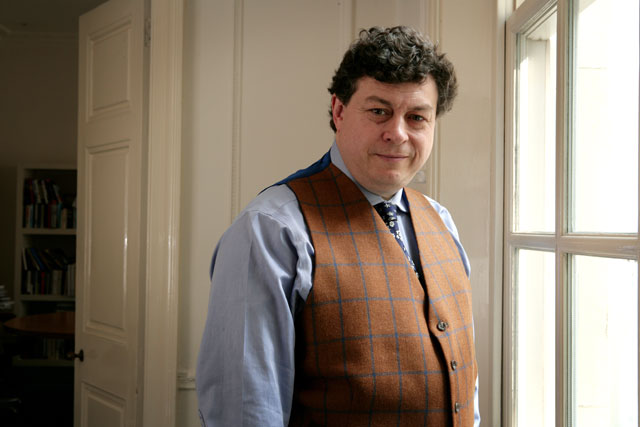This is particularly true in marketing, where, as someone once remarked, "most strategies boil down to one of two contradictory approaches. Either 'lots of people buy this, so it must be good' or 'very few people buy this, so it must be good'." (In political campaigning, the equivalents are "it's time for change" and "no it isn't".)
Why is this? It all comes down to heuristics: the kind of "mental proverbs" we use to simplify decisions. "You get what you pay for", for instance, or "if it's popular, it's probably good".
Like proverbs, the heuristics we use vary wildly and may even be contradictory. So, when we buy wine, we may instinctively avoid known brands (Champagne is an exception), but when buying lager or gin, we believe famous brands are better. Perhaps the "scarcity heuristic" predominates when we choose wine (the assumption that good wine is available only in small quantities from obscure vineyards). By contrast, a "social proof" heuristic predominates with mass-produced drinks such as lager (where the best brands are famous and widely available).
Scarcity bias and social proof are two of the strong persuasive forces written about by Dr Robert Cialdini in his excellent book Influence: The Psychology Of Persuasion. Two others are "reciprocation" and "commitment". Like the first two, these can create apparent contradictions.
A friend of mine, when he was a door-to-door salesman, often waited for rain before he set out. On knocking on the door of a prospect, he would be sure to look wet, cold and mildly downcast, and his first action on speaking to the householder was not to talk about his fine range of encyclopaedias, but to ask to come in out of the rain - and then to cadge a cup of tea and a cigarette (this was a few years ago).
Why did this work so well? Surely it is the very opposite of Cialdini's belief in reciprocation, where salesmen contrive some act of generosity to put the customer in their debt? Indeed it is. But, as Cialdini explains, sometimes an opposite action can have an identical effect. This is not reciprocation at work but commitment. People, through their actions, having established that they are kindly disposed to the salesman through offering a cup of tea and a cigarette, are reluctant suddenly to deviate from this behaviour by refusing to look at his encyclopaedias.
Sometimes, if you want people to like you, ask them to do you a favour. Much in human psychology works backwards. In theory, we do favours for people we like; in reality, we like the people we do favours for.
Rory Sutherland is the vice-chairman of Ogilvy Group UK.


